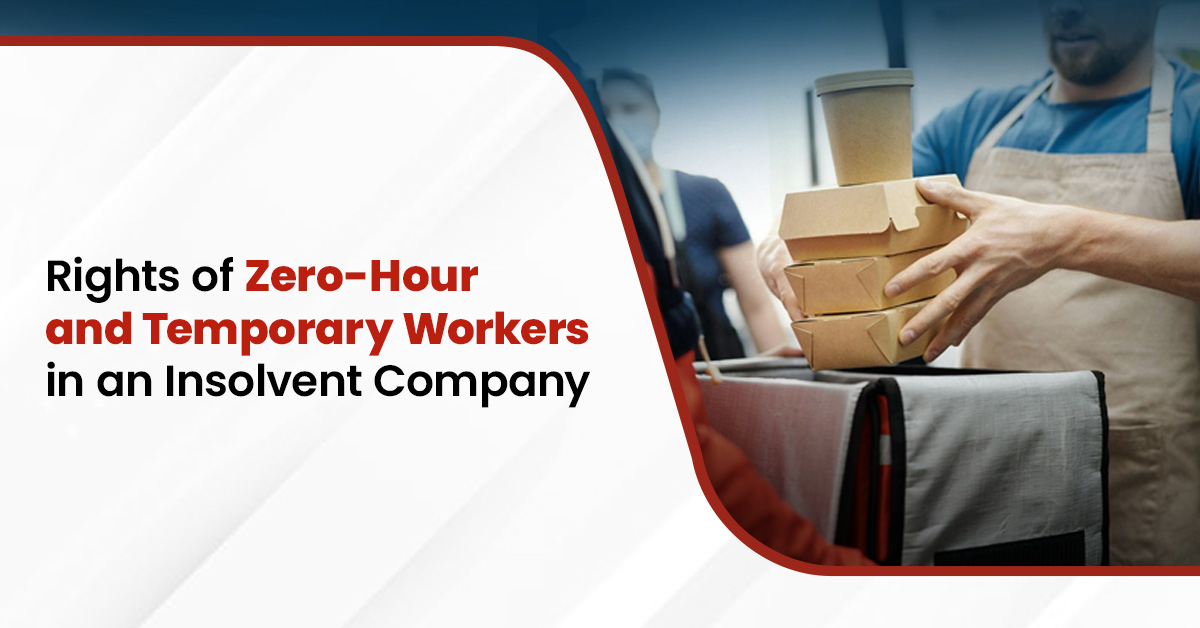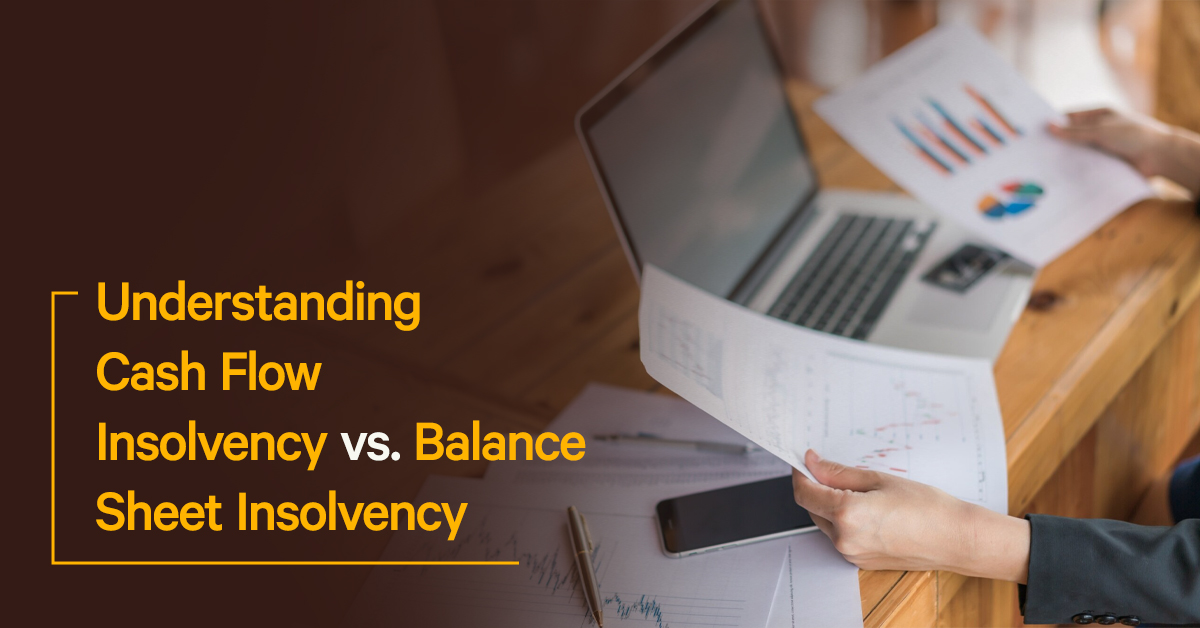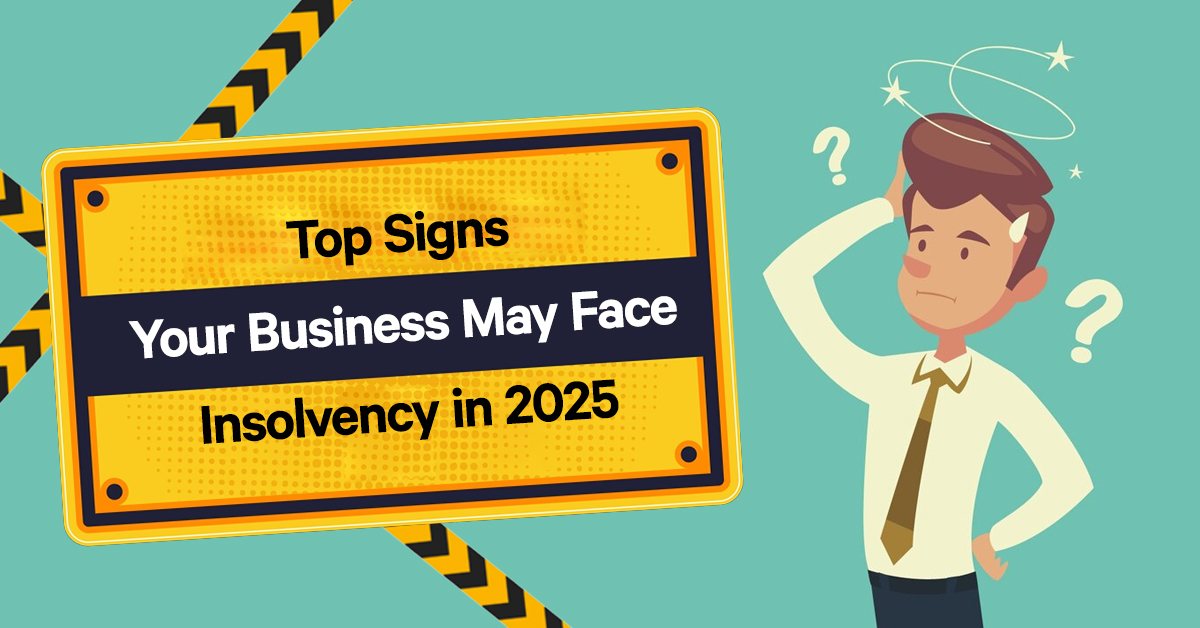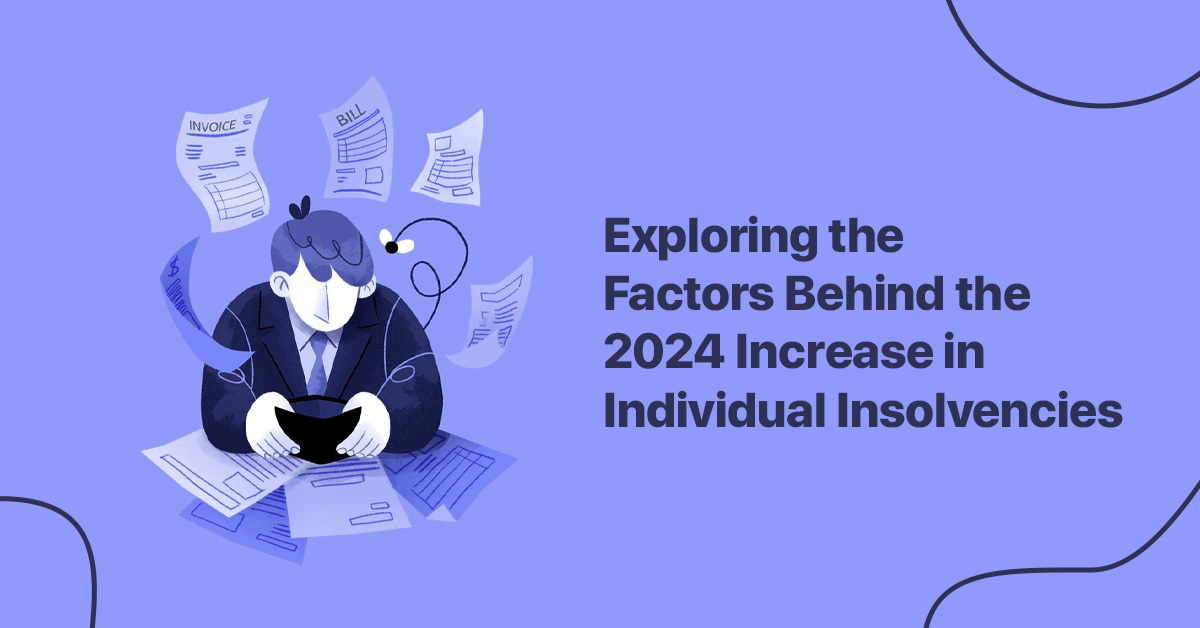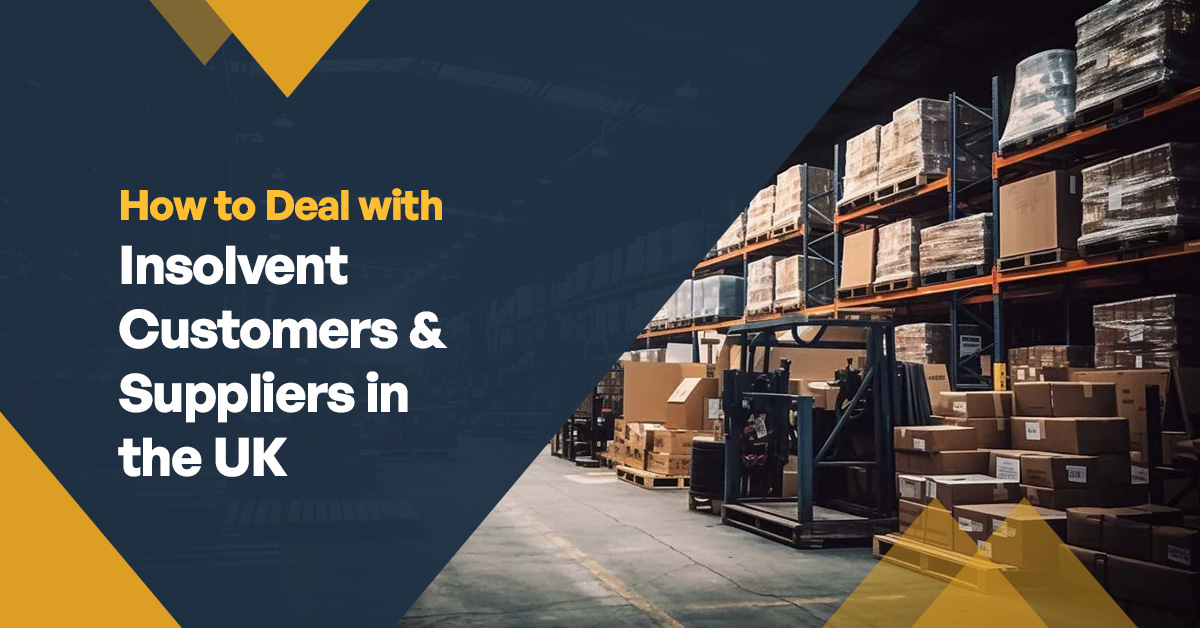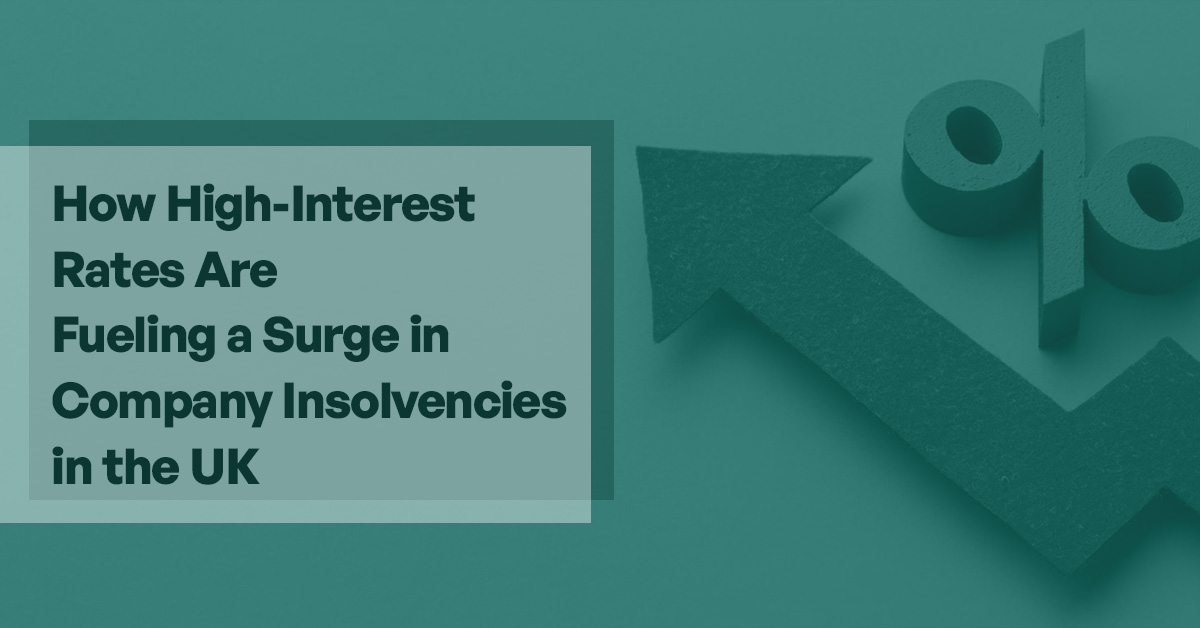Rights of Zero-Hour and Temporary Workers in an Insolvent Company
Financial distress can put businesses under immense pressure, making it difficult to meet financial obligations. When insolvency strikes, the impact ripples far beyond creditors and shareholders - it affects employees, too. Zero-hour and temporary workers, often seen as less permanent staff, still have legal rights that protect them in these situations. For both workers and [...]

